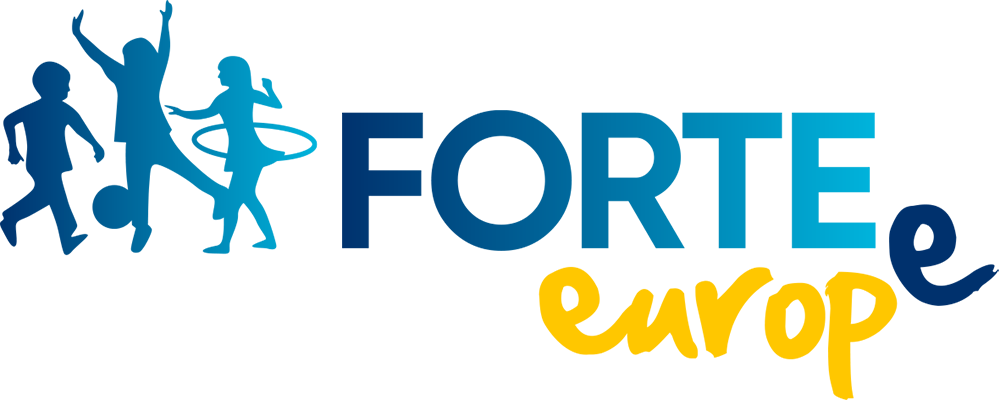The Universitätsmedizin der Johannes Gutenberg-Universität Mainz (UMC-Mainz) is a centre for medical innovation, committed to the advancement of health care and aims to play a nationally and internationally recognised leading role in improving the quality of health care including E-health. As such, the UMC-Mainz is experienced in education and dissemination of knowledge among the different stakeholders. The Foundation Youth Cancer Europe (YCE) is a patient organisation that incorporates youth cancer networks across Europe and is –as a stakeholder- already actively involved in the outreach of the European Commission on Europe’s Beating Cancer Plan. Thus, YCE is essential for the promotion of FORTEe results in collaboration with the health professionals among young people with childhood cancer across Europe and to help promote awareness of childhood cancer-related complications and positive effects of exercise training. The information provided by the YCE will reach members in 31 countries in European Union including Israel. The coordinator of the nationwide ActiveOncoKids network in Germany (UKESSEN) as a FORTEe partner and the European College of Sport Science (ECSS) as member of the FORTEe Scientific and Ethical Advisory Board (SEAB) will support FORTEe with dissemination to their established communication channels (e.g. the network ActiveOncoKids, NAOK, as part of Society for Paediatric Oncology and Haematology, GOPH). With more than 250 direct contacts and several thousand indirect contacts (with around 20 locations in the network, each with paediatric oncology clinics) per year within the childhood cancer community, UKESSEN will greatly facilitate uptake of new knowledge by the scientific community, the general public and patients in Europe.
